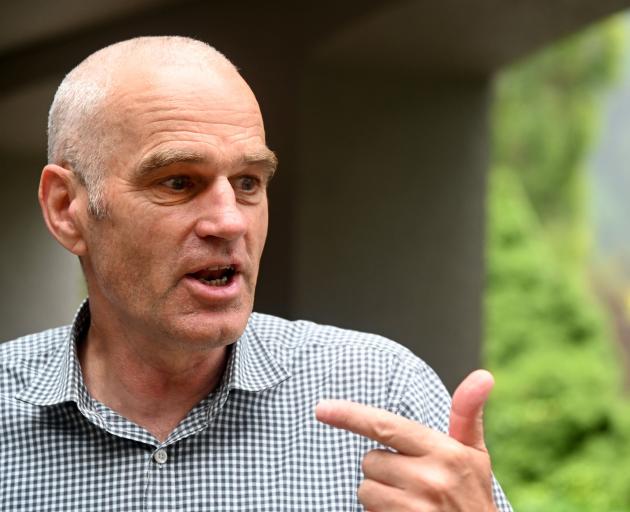
The Queenstown Lakes District economy is considered one of the least diverse in the country and was vulnerable to collapse during the Covid pandemic, when more than 7000 people lost their jobs and received welfare support and supermarket vouchers from the council.
The plan was developed collaboratively with at least 18 organisations around the region and replaces a 2015 strategy.
Economic development manager Peter Harris told the councillors on Thursday many businesses were already taking steps to address projects in the first year’s action plan.
"These are entrepreneurs who have been working in the diversification space ... working on the edge outside that construction and tourism core, who in many ways are the signpost for the way that can happen," Mr Harris said.
Deputy mayor Quentin Smith, of Wānaka, said he felt the construction industry was so dominant and employed so many people, he wondered if it carried bigger risks in an economic decline than the tourism industry.
Mr Harris said ultimately both industries should diversify.
"They are the core," he said.
Cr Esther Whitehead, of Queenstown, said she was concerned film producer Silverlight Studios might not be coming to Wānaka any more, and asked Mr Harris what that might mean for the future economy.
Mr Harris said talk about attracting film infrastructure had been going on for decades.
The industry was more complicated than it seemed on the surface, he said.
"The day it happens, we will celebrate it, but we can’t be relying on it."
Instead of waiting for the makers of big commercials and big shows to turn up, diversification should build on what was already here, including small production companies that were now creating repeat work and feasible careers, particularly in the adventure film genre, he said.
Cr Lisa Guy was concerned the district was too bureaucratic for the events industry, forcing event organisers out.
Council strategy and policy general manager Michelle Morss agreed some event organisers felt they could deliver more cheaply in other regions.
"While it may feel bureaucratic to event organisers, we are really happy to help them through it [permits and consents] and if it isn’t working operationally, we want to know about it.
"Also, we are doing considerable work in this space, so I think event organisers will see some shift," she said.
Mr Harris said the reality was more events were coming to the district than it could cope with.
"We have limited venues ... there is a tension there that is real," he said.
The economic diversification plan has an operational budget of $500,000 excluding salaries.
Staff are to report back to the council every six months on costs and implementation.












